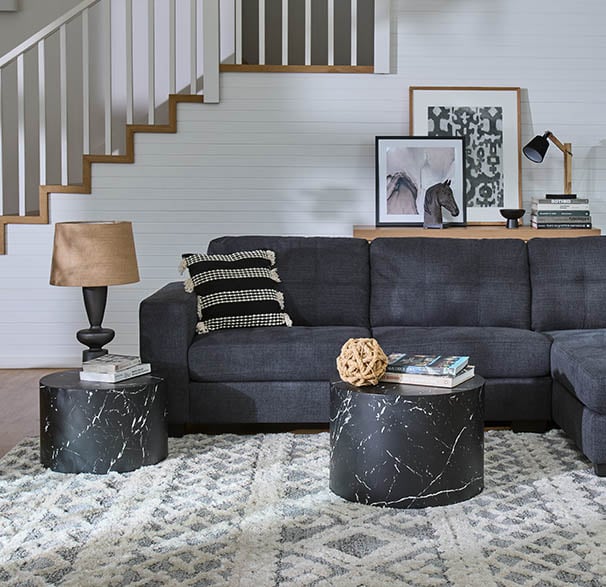Latest Posts
Tips & ideas for every room!
Styling & Trends
Get inspired
Click to explore our latest sofas, accessories and living room items








Care & Tips
Tips & ideas for every room!
Click to explore our latest sofas, accessories and living room items








